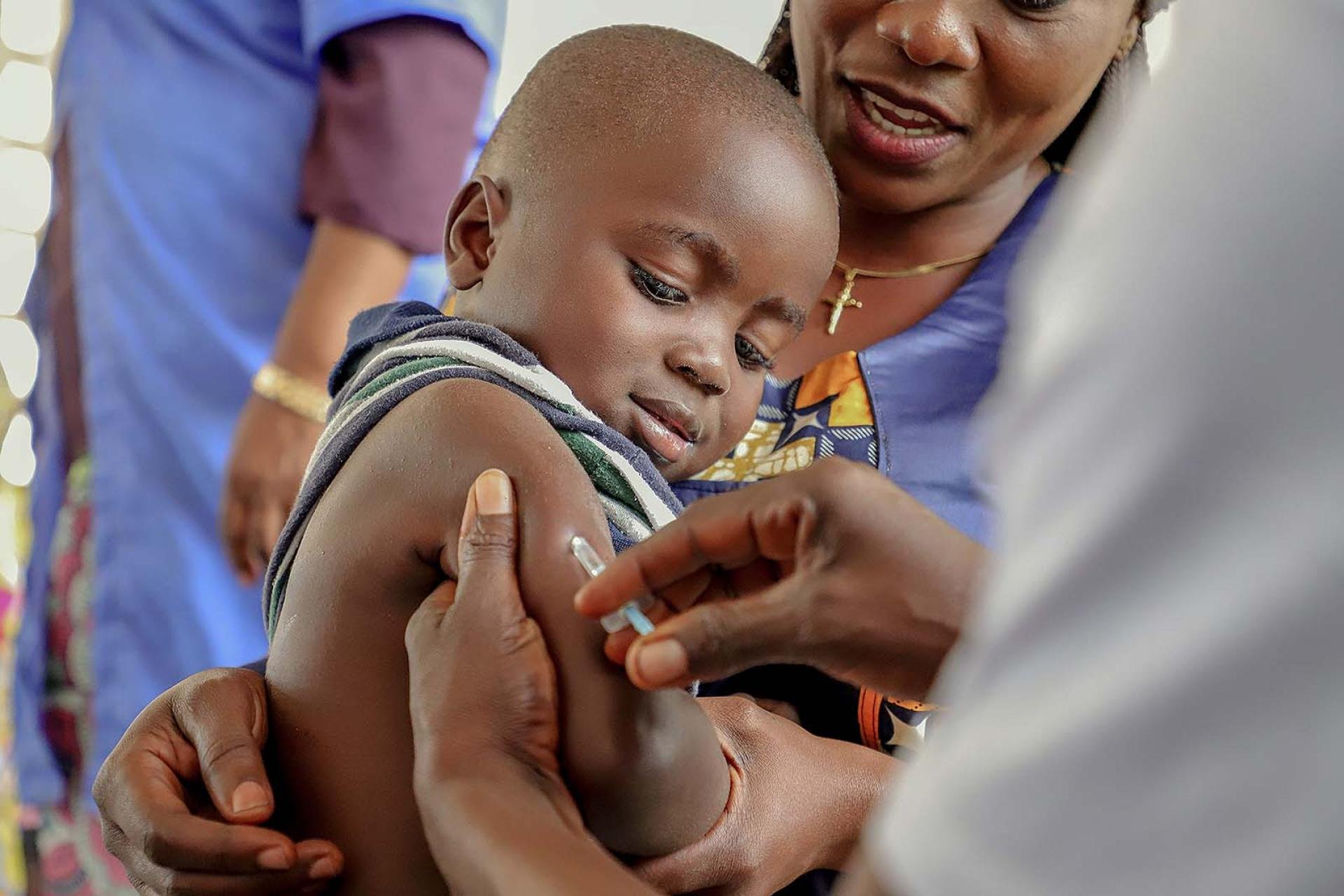
Emerging Pests and Pathogens
One pressing issue of the Anthropocene is the escalating threats of emerging diseases, pests, and antimicrobial resistance. These challenges, fuelled by human-induced changes and global connectivity, endanger our biosphere's health. Our research is twofold: firstly, we're developing a theory on antimicrobial resistance emergence, backed by a novel global database to guide effective countermeasures. Secondly, we're addressing the rise of invasive agricultural pests threatening food security, by studying their spread and devising innovative management strategies. Our goal is to contribute to the development of sustainable and resilient systems that can withstand these emerging threats.
INFLUX
As global trade, travel, and climate change advance, pests and diseases spread, posing risks to health and agriculture. Land use changes and antimicrobial use further complications. Emerging pests have far-reaching impacts, demanding collaboration between governments and NGOs to predict, respond, and enhance resilience. The INFLUX (Emerging pests and pathogens as a novel lens for unravelling social-ecological cascades) project seeks to understand and manage these cascading effects for sustainable development.
Antimicrobial Resistance
Antimicrobial resistance (AMR) is a complex global health and sustainability challenge that requires a broad, multidisciplinary approach. A strong focus within the global health theme is to understand new ways of dealing with the challenge of antibiotic resistance and more broadly promoting human wellbeing through stewardship of the global microbiome.


